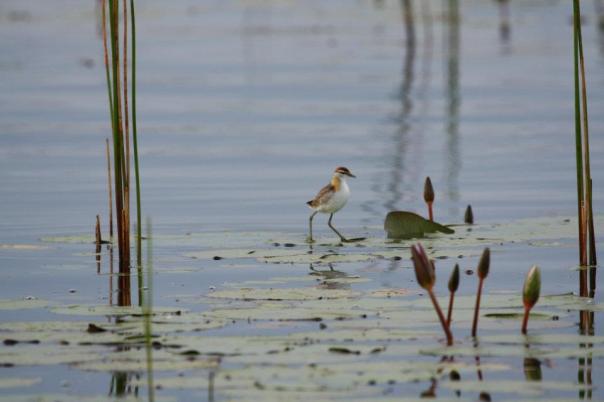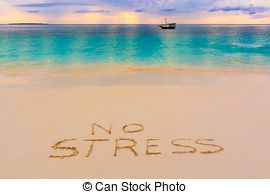IT is funny how one small thing can change everything.
It happened to me today. I was reading a cancer survivor’s blog. She said, “I don’t want cancer to define me.” Suddenly I accepted something I have been fighting for a while. I let go.
I was clinging to it out of loyalty and wanting to “be there” for othes who have just found out they face a transplant, or who have just been diagnosed with cancer. It, of course, is this blog. I am saying goodbye.
I started it because when I faced my transplant I could find little that told me that life could be normal after such a huge operation. I wanted to write something honest and hopeful. The way several people have reacted shows me that I have done so, and I am enormously humbled and grateful. I have found enormous self-affirmation in this.
If a fairy appeared before me now offering to wipe the experience of having cancer, and the experience of having a transplant from my life I would say no thank you. I have been greatly blessed by both. I have learned the depth of the gift that is life, and its fragility, I have made peace with my mortality, I have learned that if I died my loved ones would survive without me, but that I am deeply loved. Both of these last lessons have humbled me and also enormously enriched me.
I have learned that honesty and vulnerability are some of our most important attributes, and I am learning to reopen a heart that put up armour. I have learned that life is short, and generally wonderful, and a hardened heart doesn’t really protect you from pain. It just locks it in.
I have discovered that kindness is to be cherished, and that letting go s an important part of personal development. That is why I am letting go of this, despite a smigeon of guilt that I am “betraying” people out there facing the crucibles of dread disease and its treatment.
To hold on is to stay in a place where cancer (which I no longer have) and having had the transplant define me. In a way they always will, but thinking of topics for this blog keeps me holding on to the effects of two defining experiences that need no longer be my most important definers.
Goodbye, and thank you.









